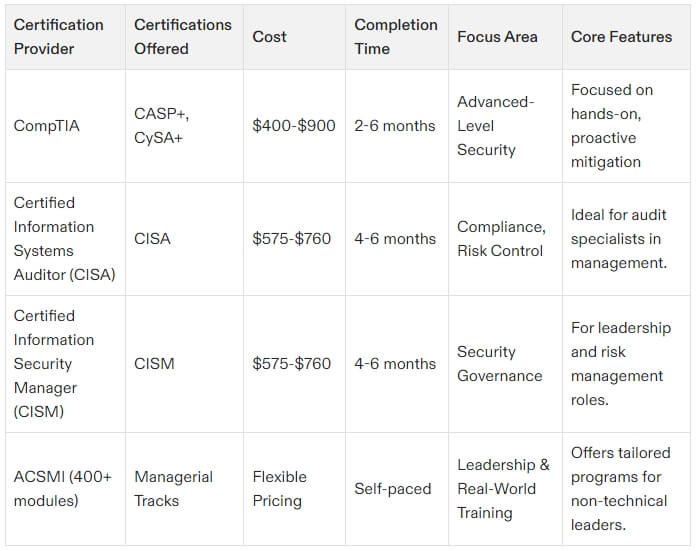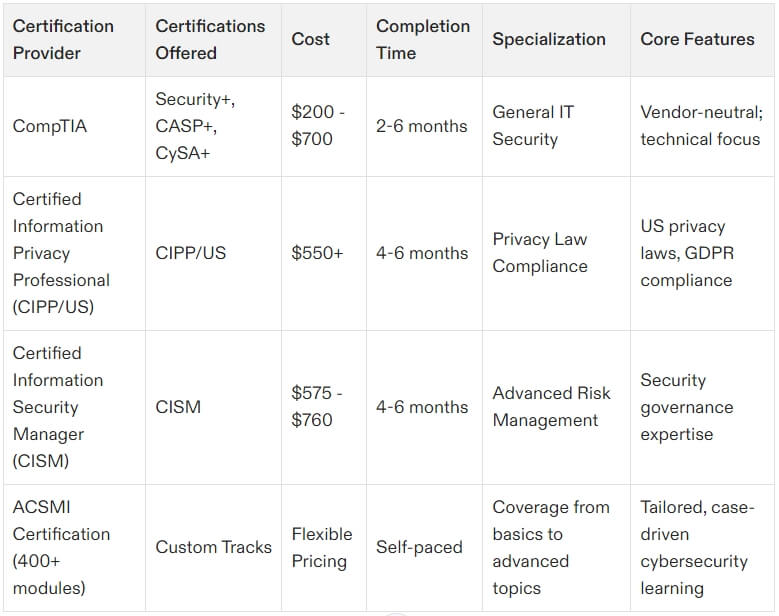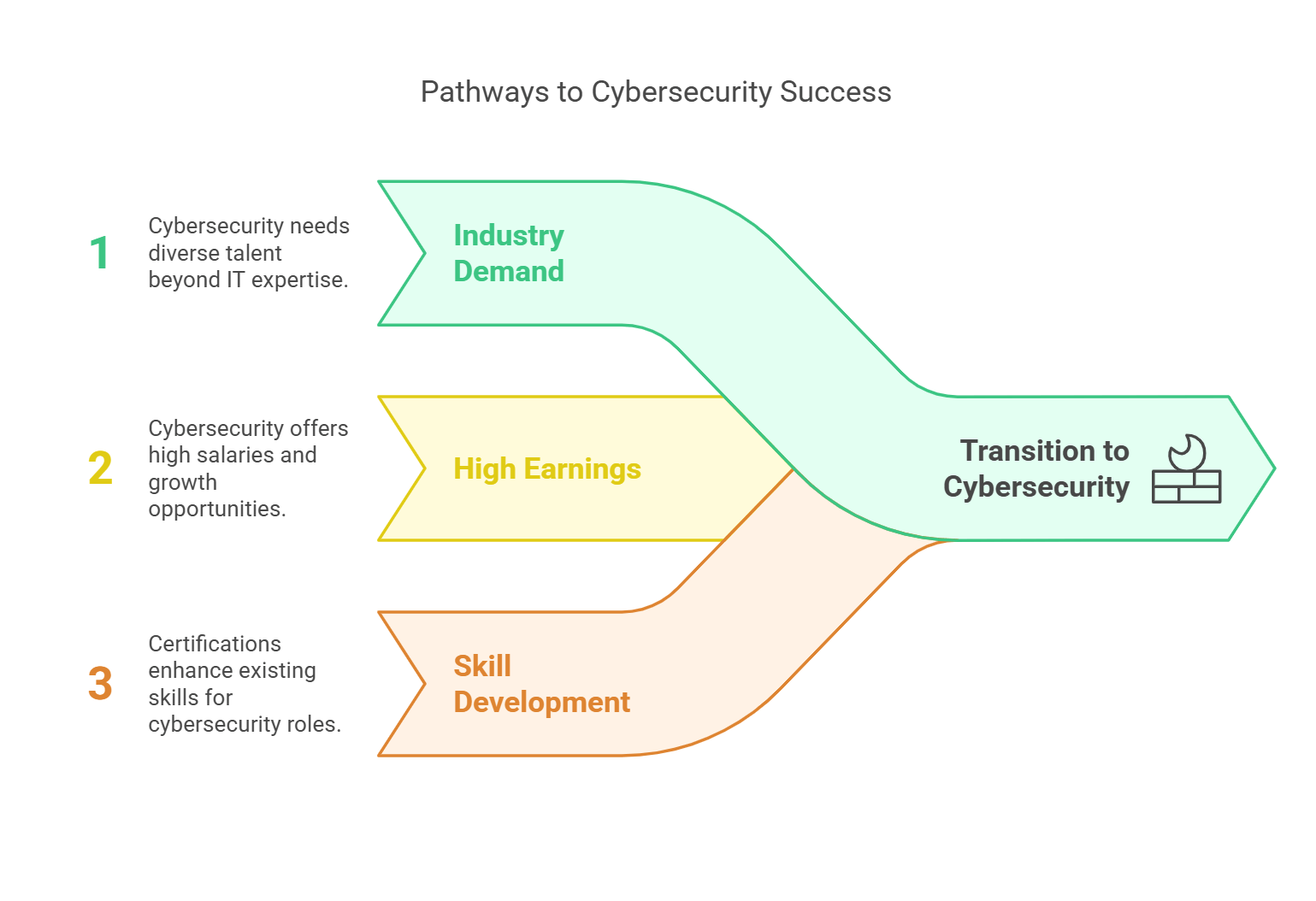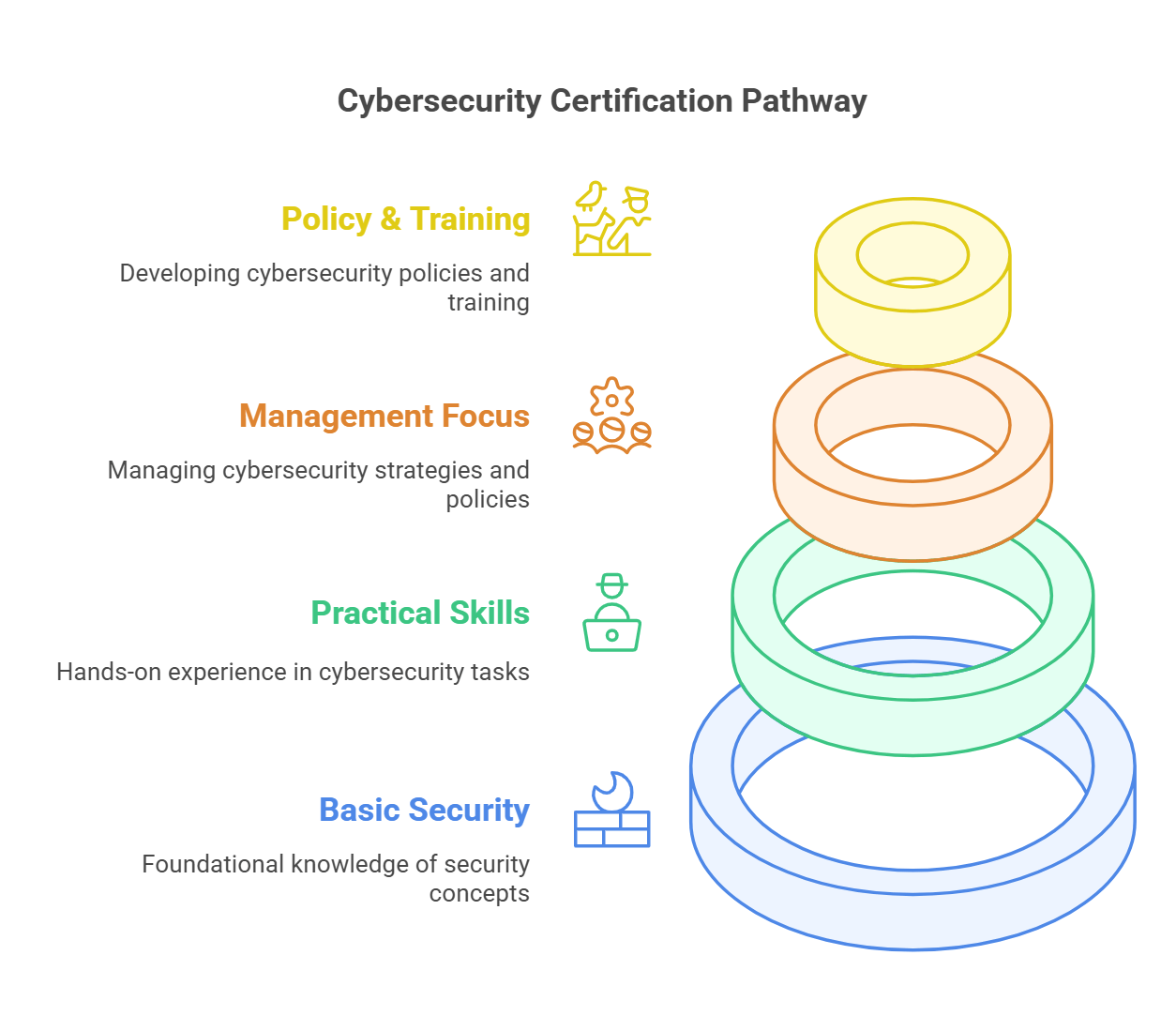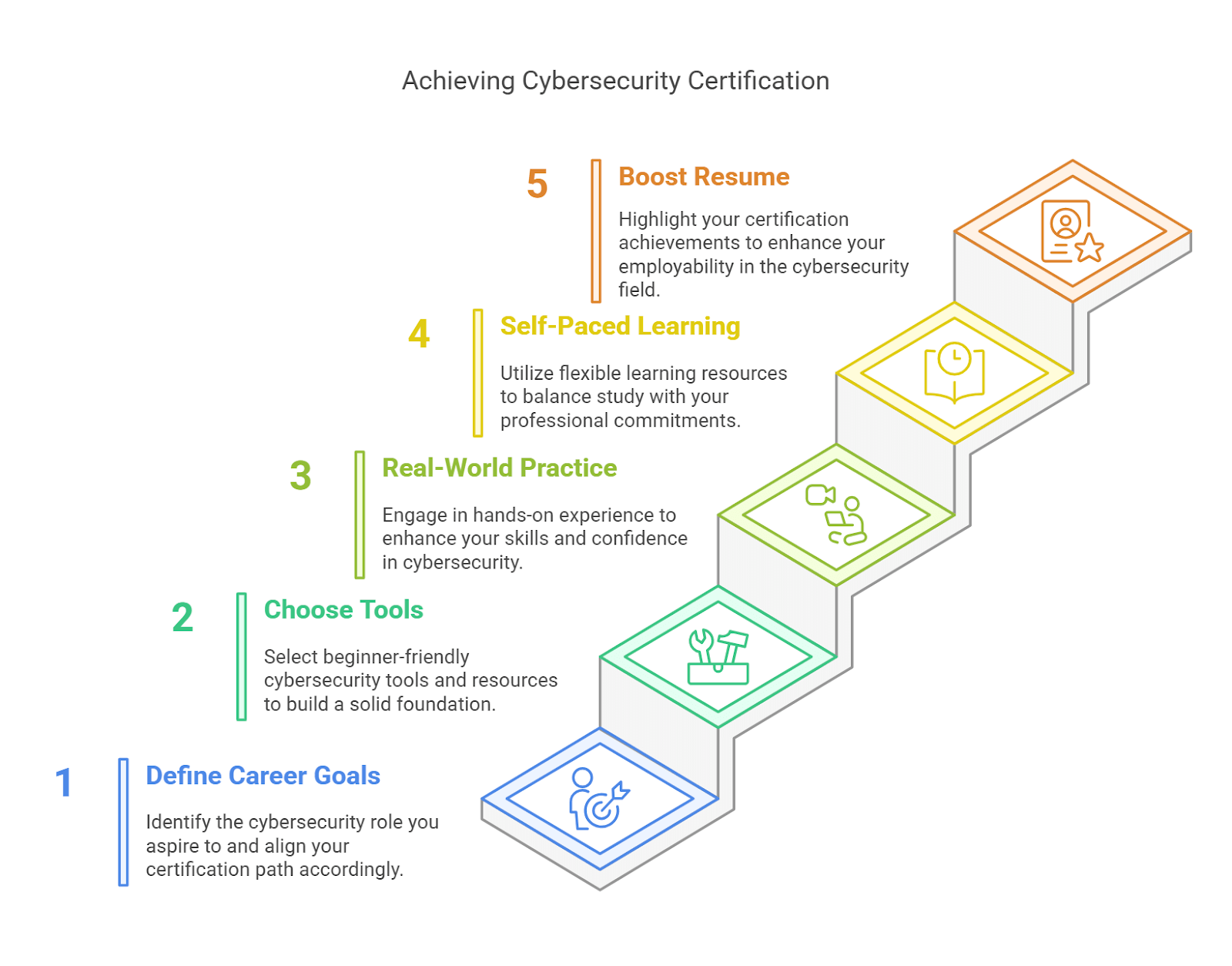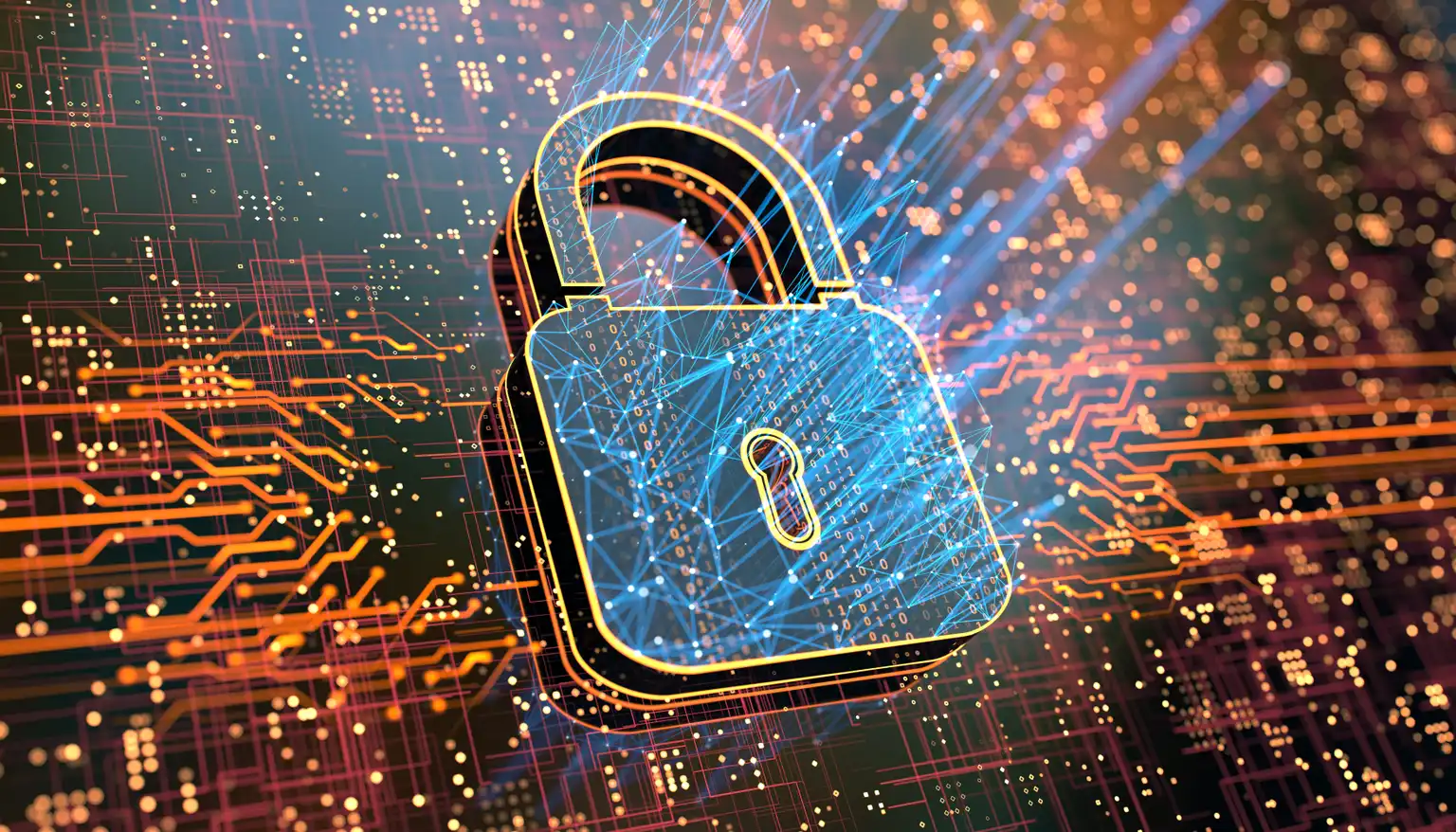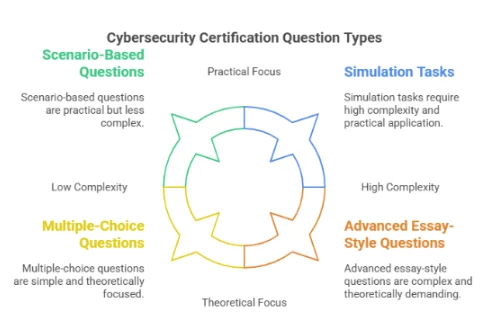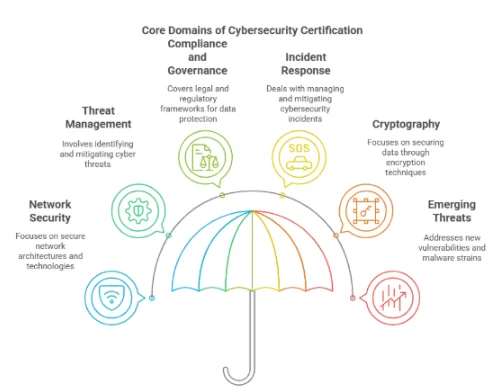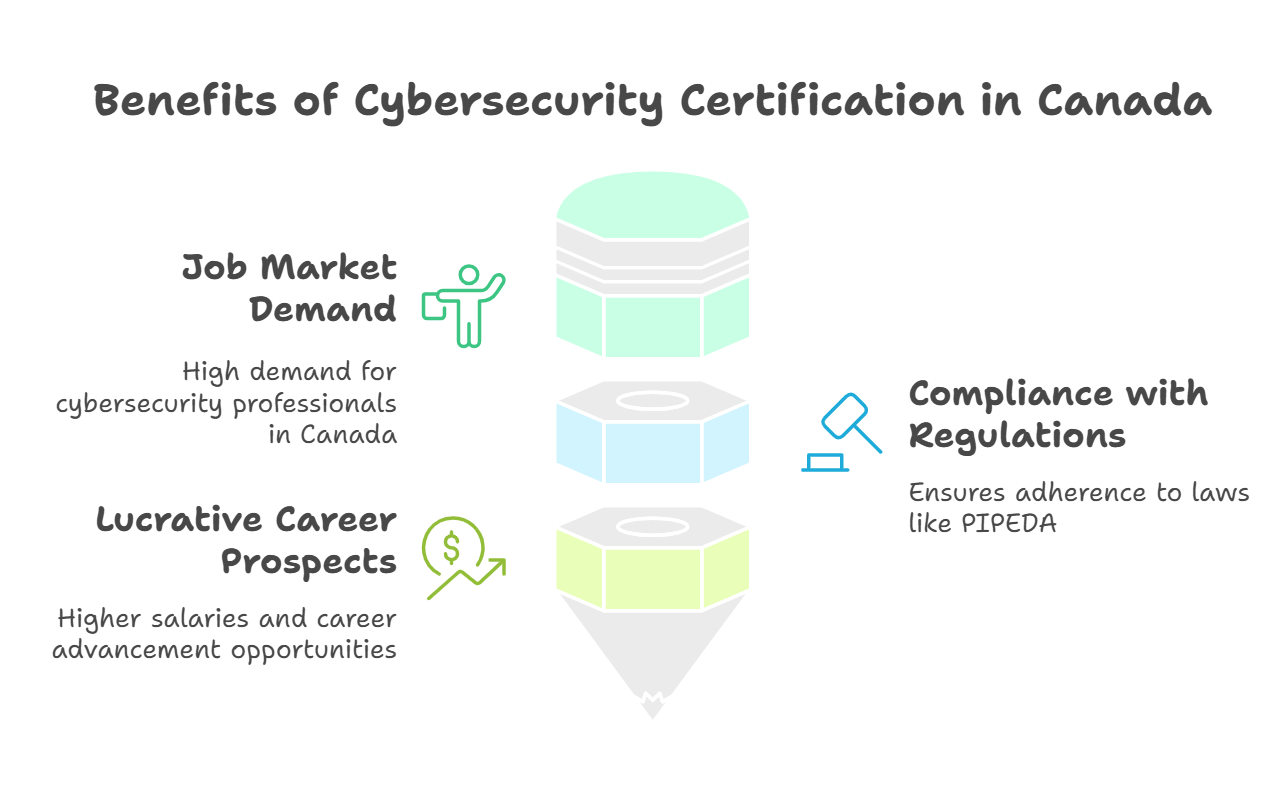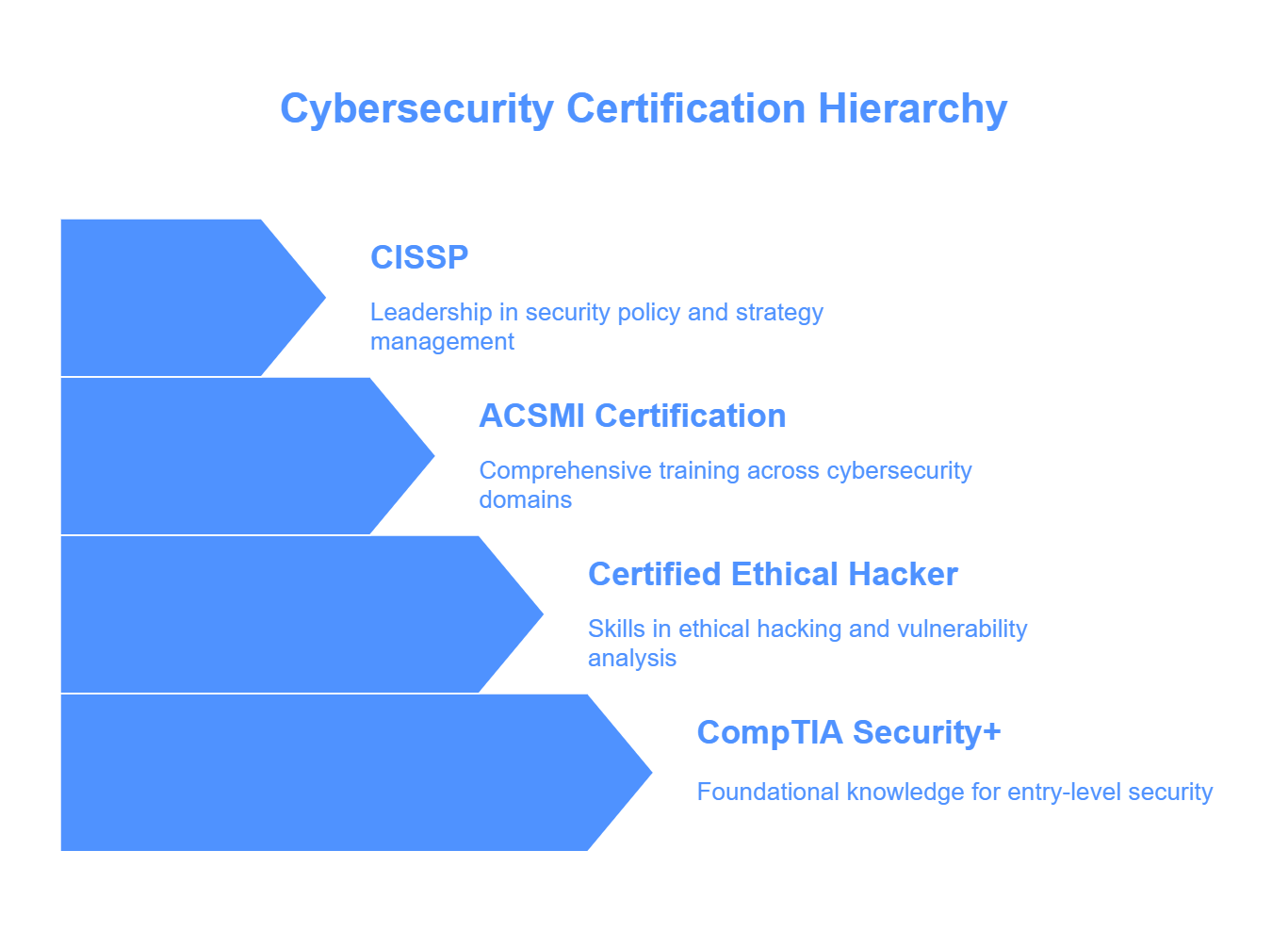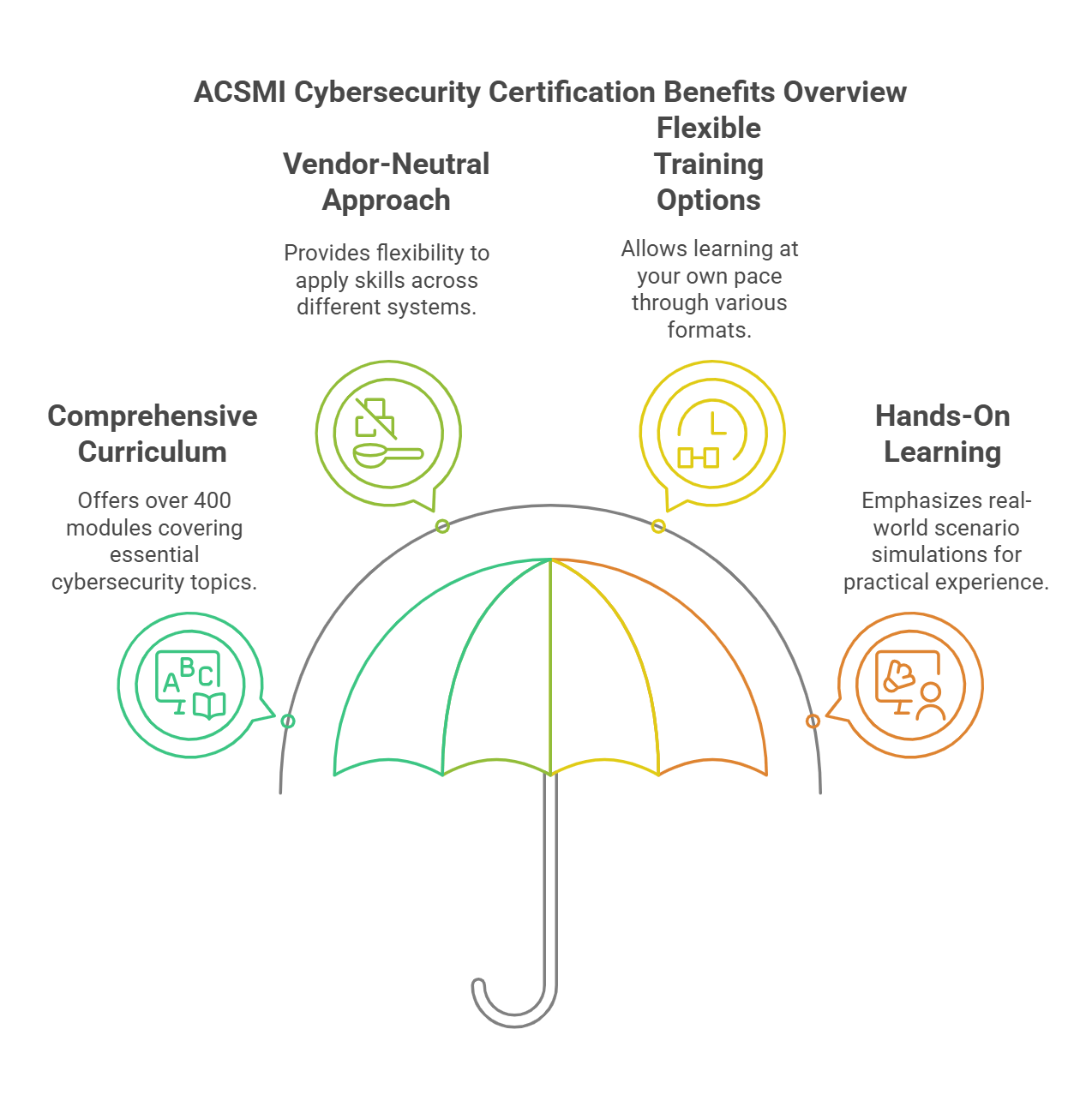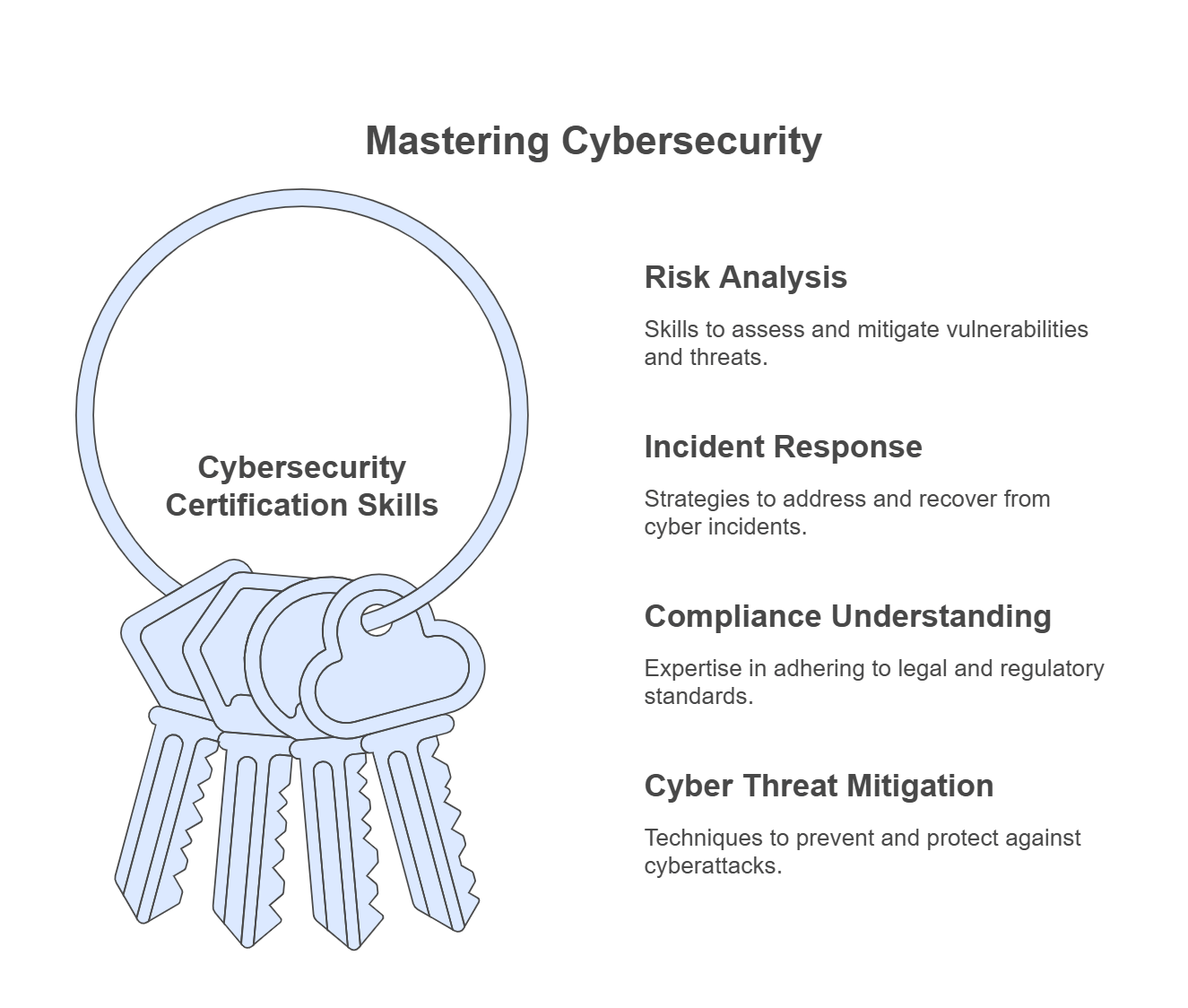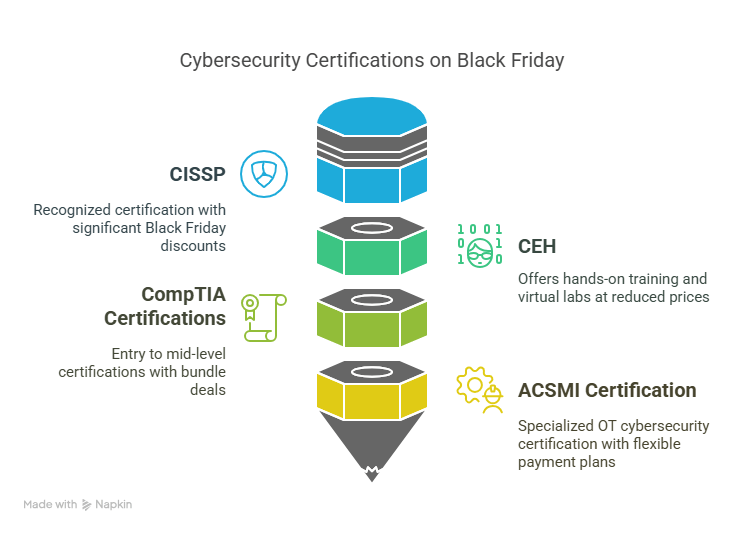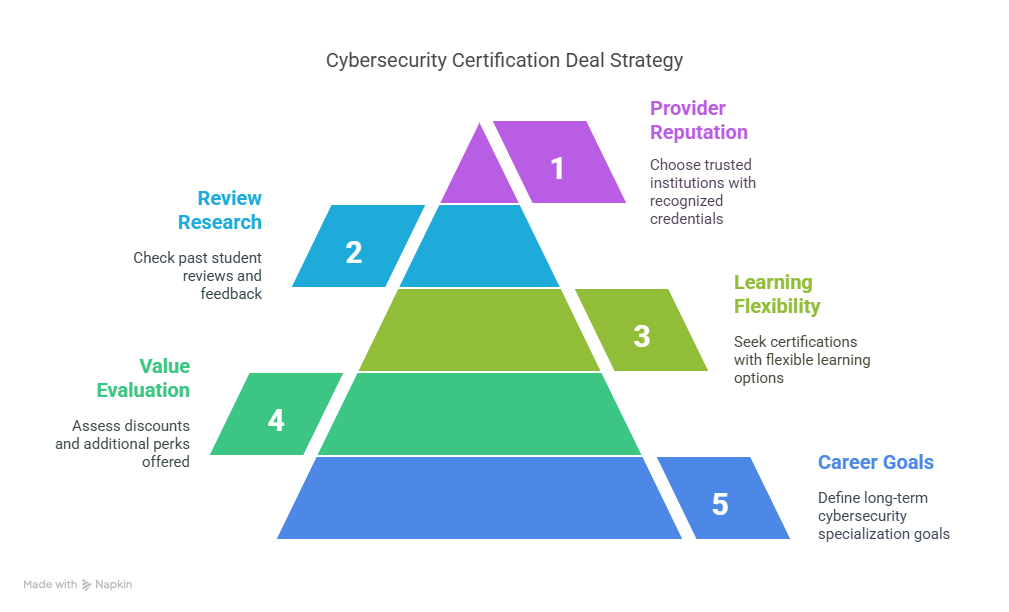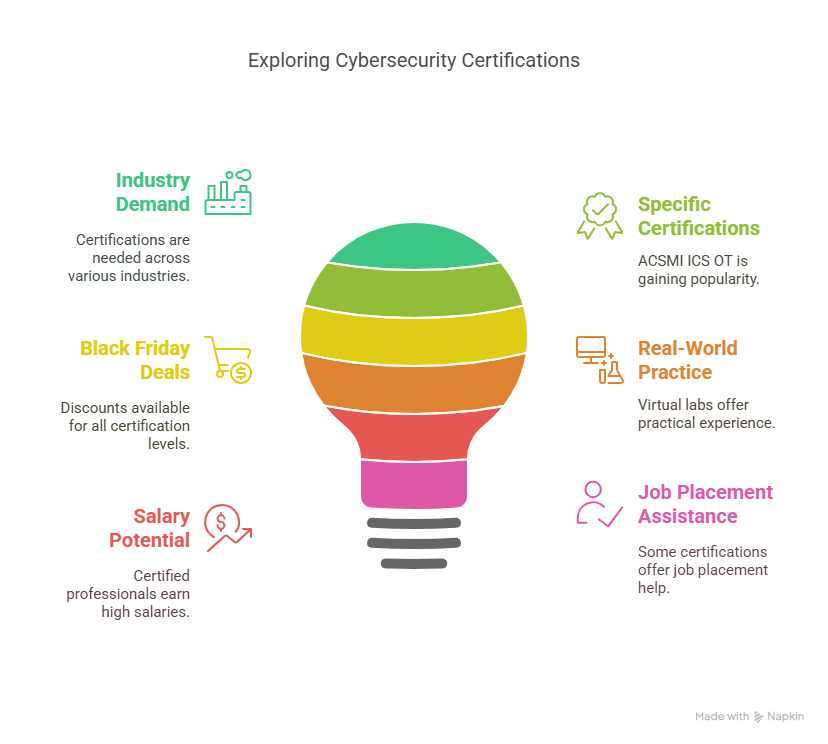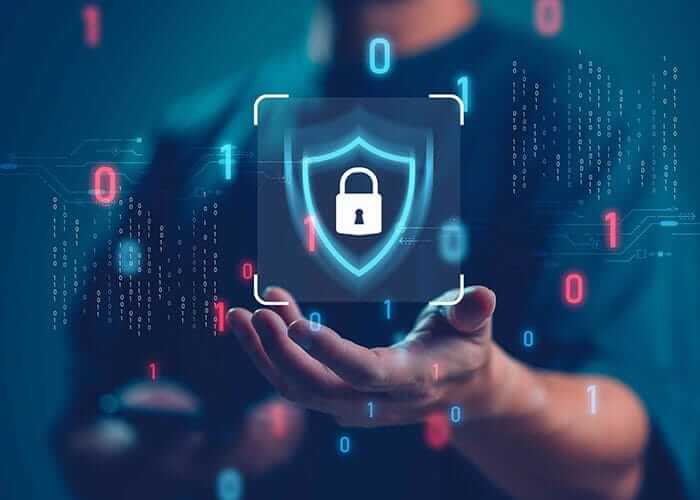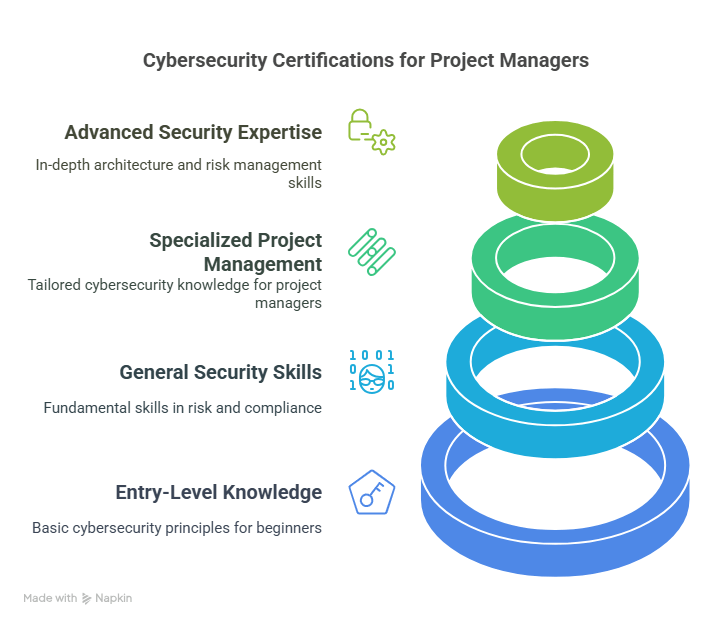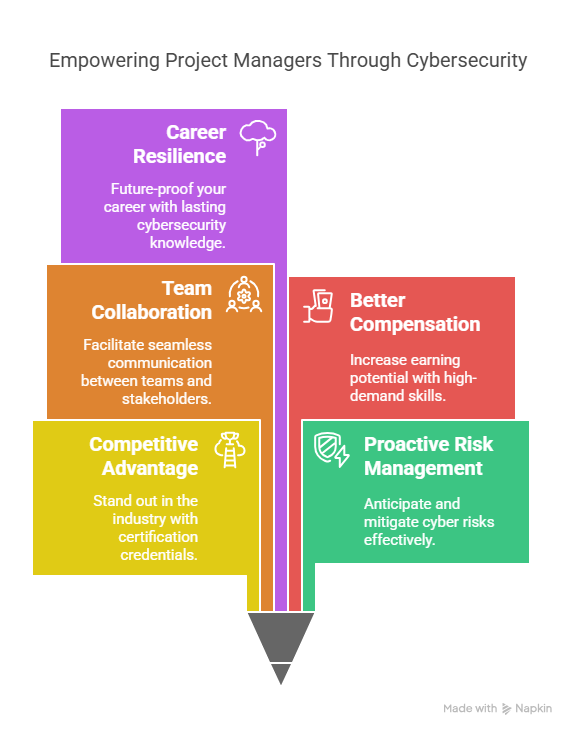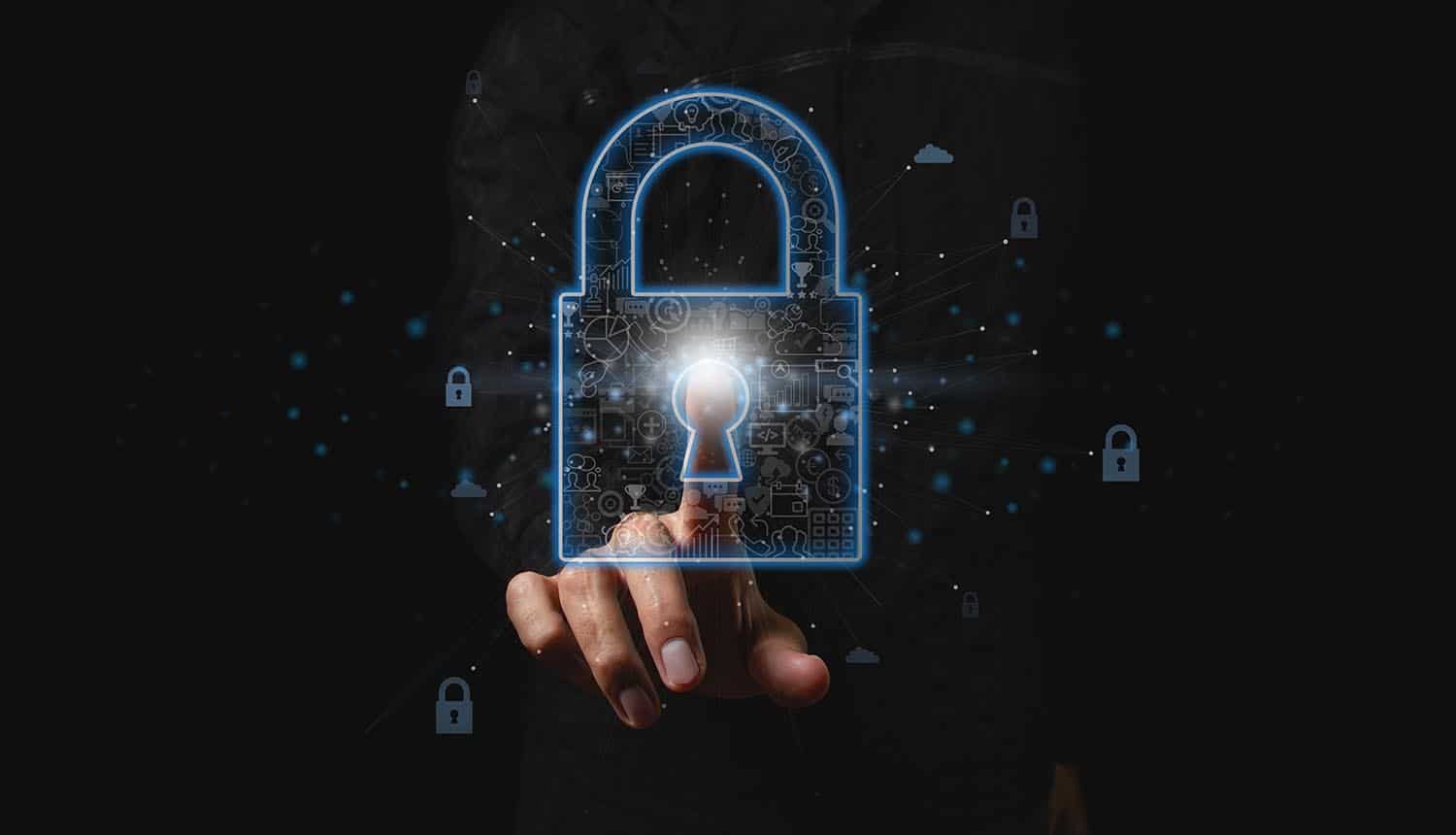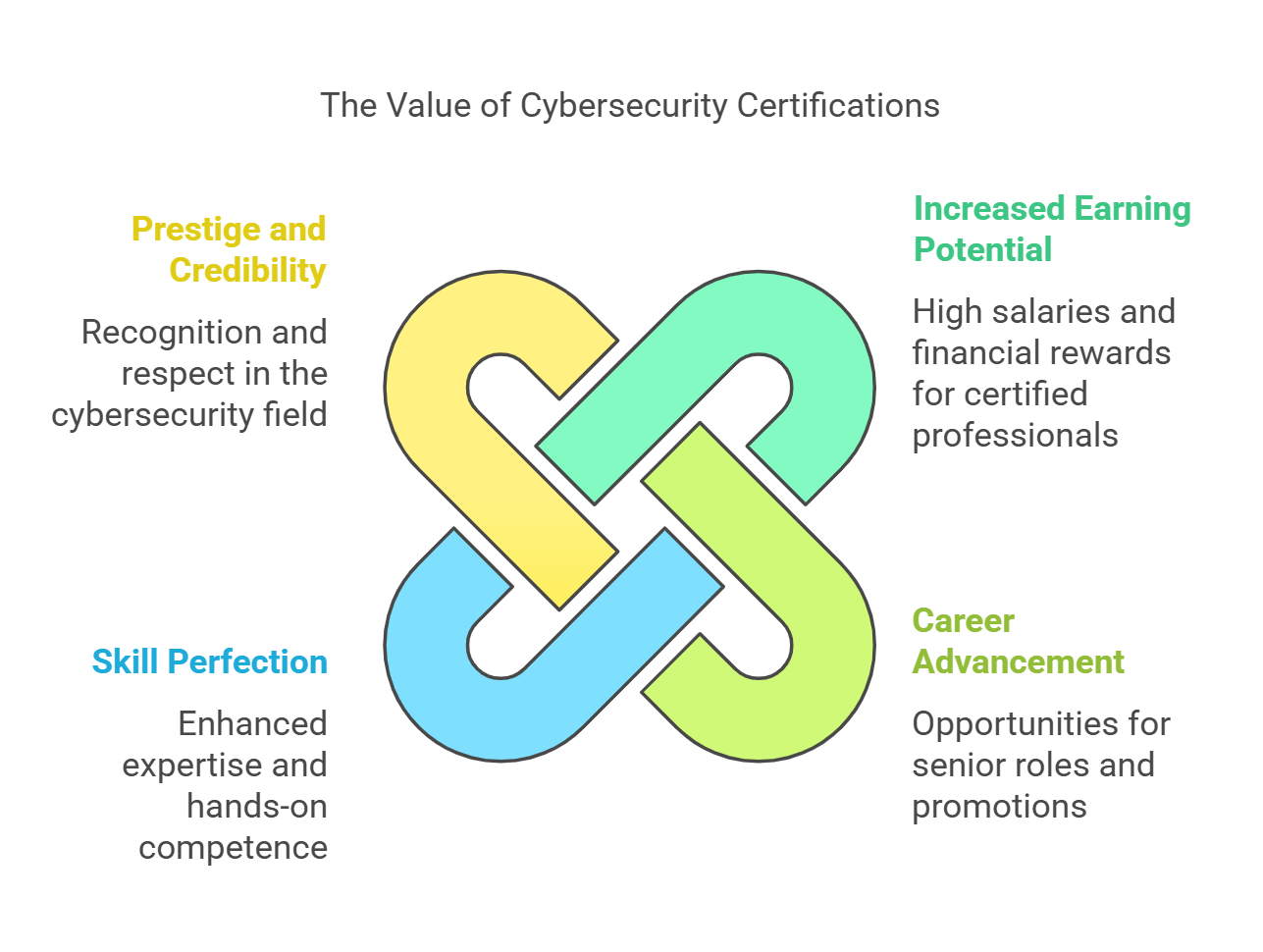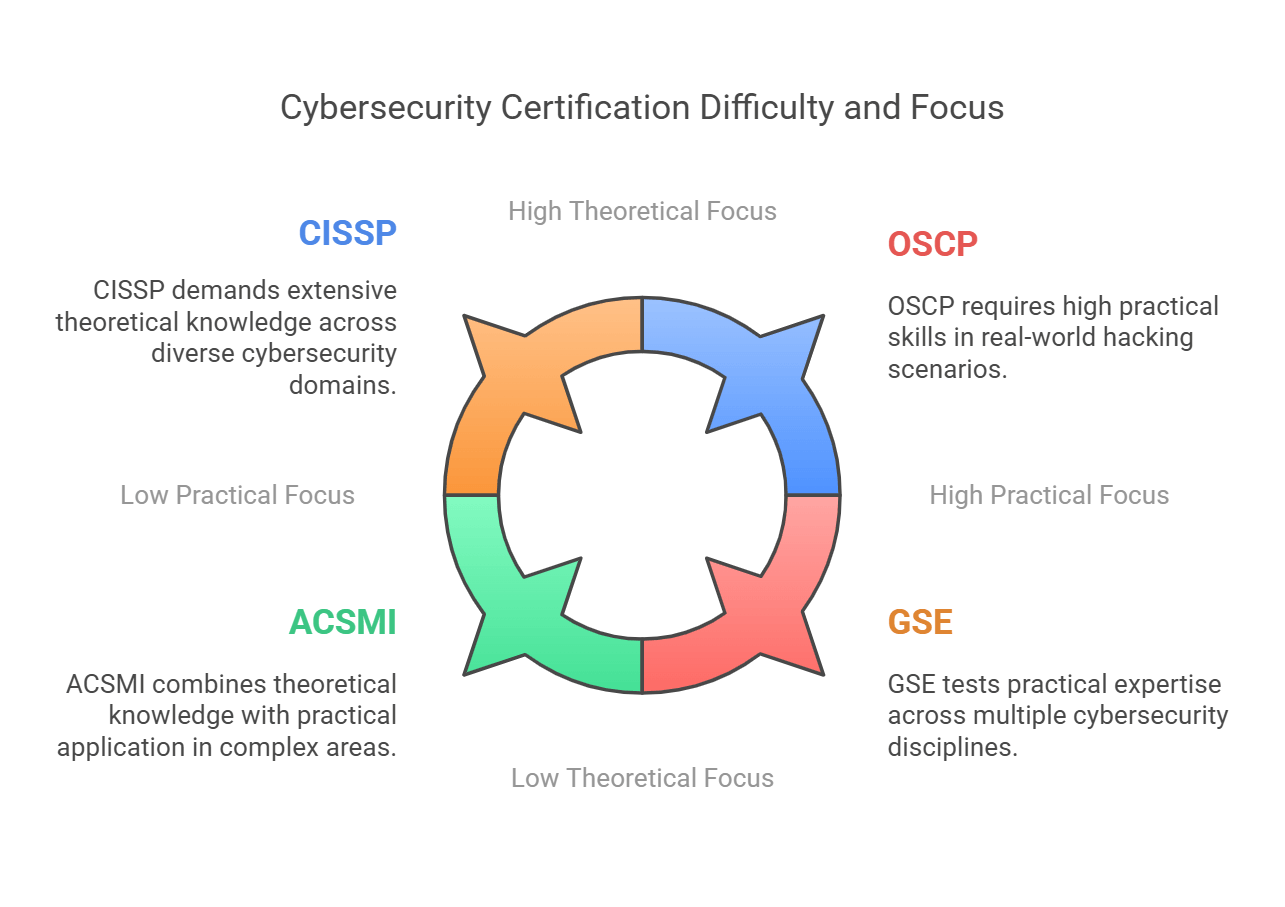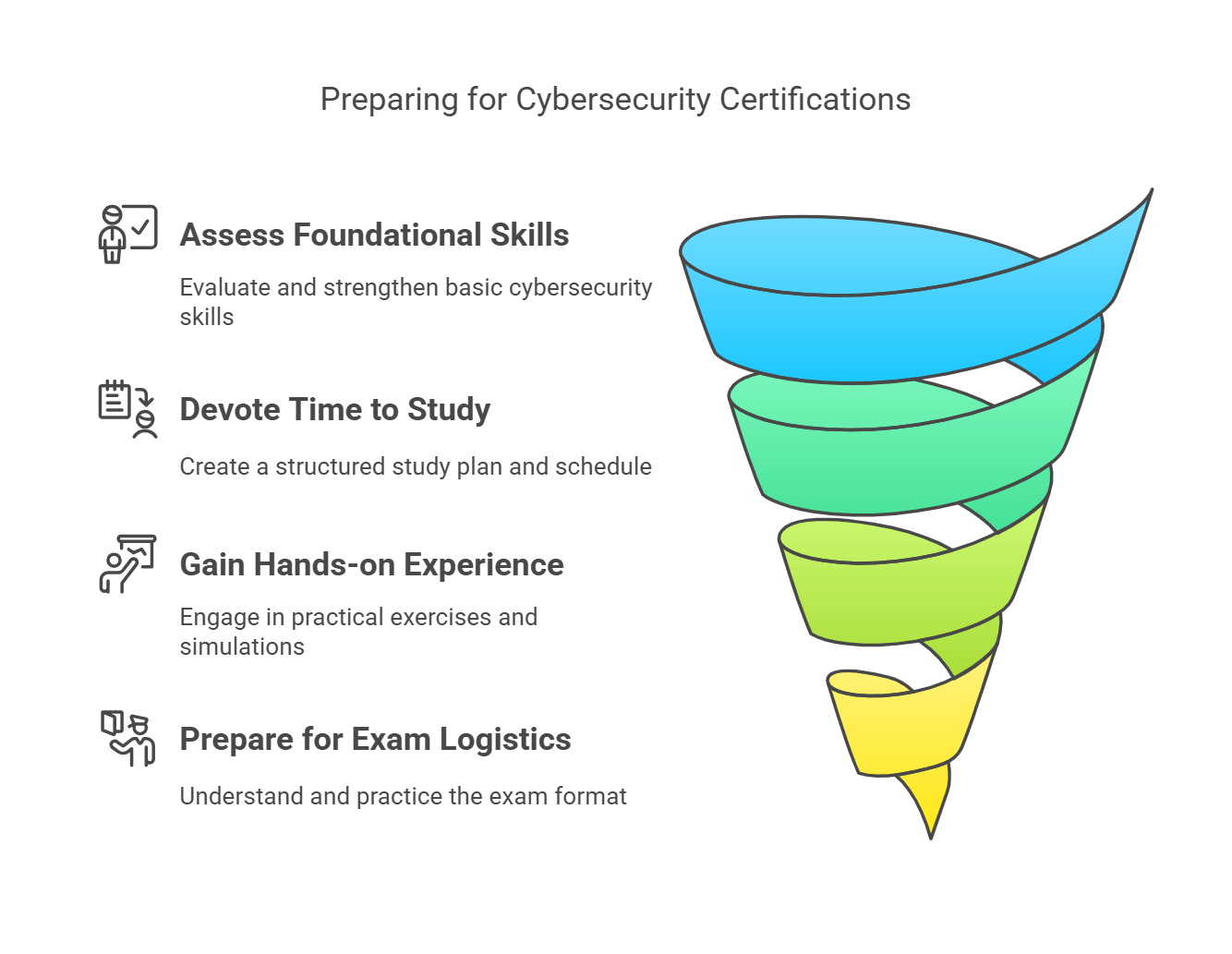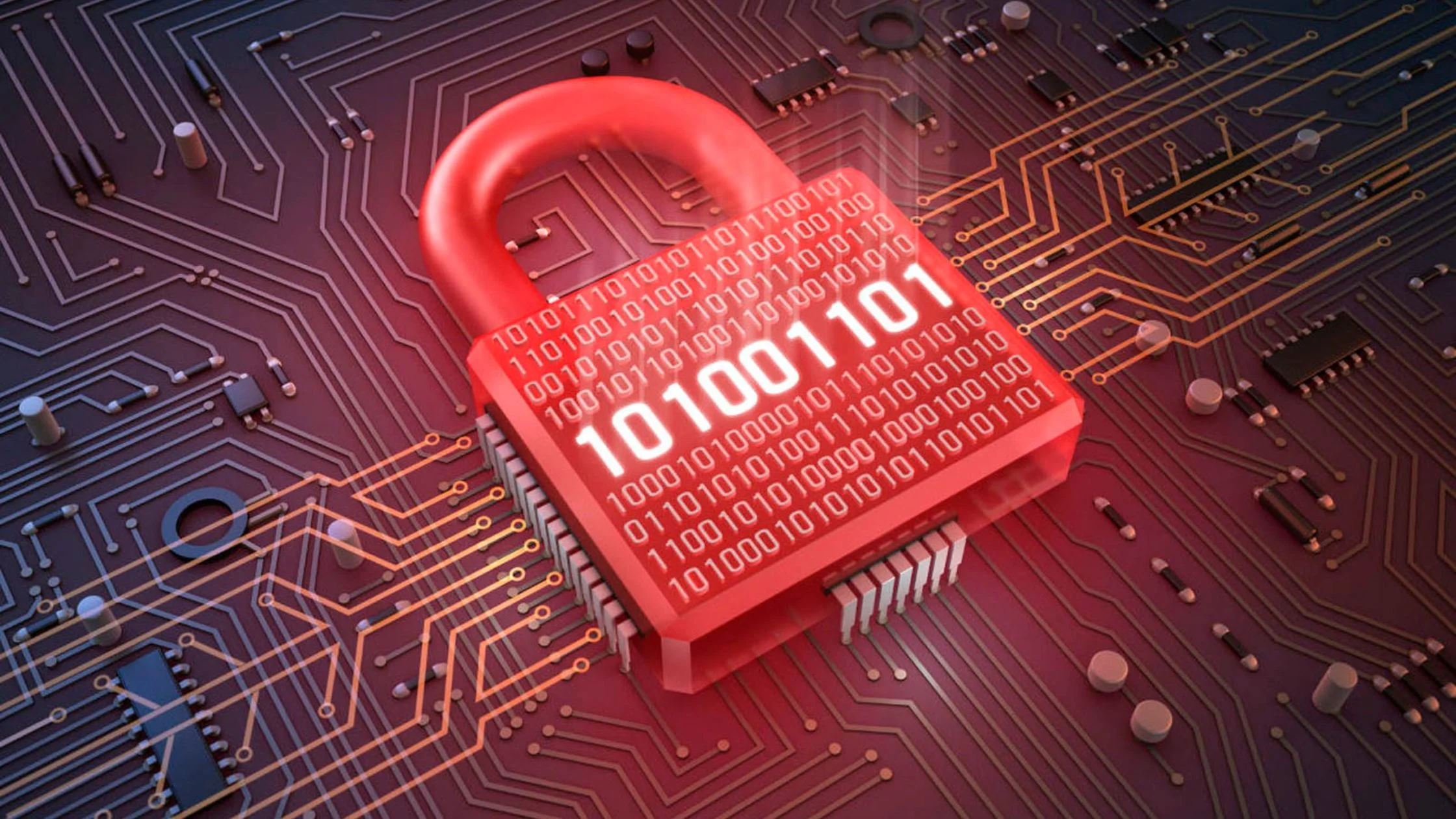Table of Contents
- Why Cybersecurity Certification for Managers is Essential
- Top Cybersecurity Certifications for Managers
- Benefits of Cybersecurity Certification for Managers
- How to Get Started with Cybersecurity Certification for Managers
- Career Impact of Cybersecurity Certification for Managers
- (FAQs) Frequently Asked Questions
- 1. Can managers without technical expertise earn certifications in cybersecurity?
- 2. Which certification should I start with as a manager?
- 3. Are managerial cybersecurity certifications widely recognized?
- 4. How long does it take to complete a certification?
- 5. Can I pair a certification with other learning resources?
- 6. Will cybersecurity expertise help managers in non-tech industries?
- ACSMI Certification for Managers
- Certification Comparison
- Final Thoughts
With cyber threats rising dramatically, companies of all sizes are turning to their leaders to address cybersecurity risks. While IT professionals handle the technical side, managers often oversee strategy, compliance, and decision-making. If you’re in a managerial role, earning a cybersecurity certification for managers will position you as a trusted leader capable of addressing today’s evolving cyber challenges.
Why Cybersecurity Certification for Managers is Essential
1. Navigate Today’s Security Challenges Confidently
Managers without cybersecurity training risk making uninformed decisions that can jeopardize organizational security. Certification equips you with the knowledge to understand threats, assess risks, and implement strategic solutions.
2. Achieve Regulatory Compliance
Modern organizations are bound by regulations like GDPR, HIPAA, or CCPA. A cybersecurity certification ensures you meet compliance requirements by understanding legal frameworks, data governance, and how to supervise their implementation effectively.
3. Position Yourself as a Leader in Crisis Management
Cyber incidents like breaches or ransomware require decisive action. A certified manager can guide teams effectively, minimize damage, and strategize recovery processes.
4. Understand Cybersecurity Beyond Technical Jargon
Leadership requires a broad understanding of cybersecurity—beyond technical jargon or IT practices. Certifications balance managerial oversight with foundational security knowledge for a well-rounded approach.
5. Boost Your Career Prospects
Gaining a cybersecurity certification makes you a more attractive candidate for leadership roles, such as Chief Information Security Officer (CISO) or Director of Risk Management.
Top Cybersecurity Certifications for Managers
1. Certified Information Security Manager (CISM)
CISM is one of the top certifications for managers, focusing on information security governance, risk management, and security program development. It’s suited for managers overseeing teams or frameworks.
2. Certified Information Systems Auditor (CISA)
This certification is ideal for managers working in audit roles or organizations emphasizing compliance and information systems control. It builds expertise in evaluating IT systems for vulnerabilities.
3. CompTIA Advanced Security Practitioner (CASP+)
Aimed at professionals in higher management, this certification enhances understanding of risk mitigation strategies while designing and implementing enterprise-wide security systems.
4. Cybersecurity Leadership Training (ACSMI)
ACSMI delivers comprehensive coursework for managers, blending leadership skills with cybersecurity fundamentals. Managers learn to balance strategic demands with practical realities.
5. Certified in Risk and Information Systems Control (CRISC)
CRISC certification emphasizes risk mitigation and IT control. It aids managers in identifying and managing cybersecurity vulnerabilities within their teams.
Benefits of Cybersecurity Certification for Managers
1. Enhanced Decision-Making
Managers are often tasked with budget allocation and resource prioritization. Cybersecurity certifications refine your ability to make informed decisions aligned with business objectives.
2. Strengthened Organizational Security
Competent leaders contribute significantly to fortifying the organization’s overall security posture by understanding their role in setting policies and enforcing a culture of vigilance.
3. Improved Cross-Team Collaboration
Certified managers bridge the gap between IT teams and executive boards. They translate cybersecurity priorities into actionable insights, fostering better communication and collaboration.
4. Career Advancement
Cybersecurity-savvy managers stand out for leadership roles across industries, from finance to healthcare. Certifications demonstrate your commitment to growth and added competence in the field.
How to Get Started with Cybersecurity Certification for Managers
Step 1: Assess Your Leadership Needs
While technical certifications enhance hands-on understanding, managerial ones are tailored to strategic oversight and risk evaluation. Identify which certifications align with your current responsibilities.
Step 2: Access Managerial Learning Tools
Start with beginner-friendly certifications like CISM or attend self-paced programs from ACSMI that provide modules tailored specifically for management professionals.
Step 3: Dedicate Study Hours
Commit to regular study periods. Use practice exams, online exercises, and case-based scenarios provided by ACSMI for optimal comprehension.
Step 4: Engage in Hands-On Learning
Some certifications, like CASP+, emphasize real-world experiences. Tests often include scenario-based questions, so practicing is critical to success.
Step 5: Apply Knowledge Practically
Whether you’re drafting new policies or assessing vendor contracts, apply your learning consistently. This real-world know-how solidifies both knowledge and confidence.
Career Impact of Cybersecurity Certification for Managers
Organizations need leadership capable of guiding them through the complexity of a modern cybersecurity landscape. Earning certifications tailored for managers expands your opportunities and relevance in this growing demand.
Key Roles for Certified Managers
- Chief Information Security Officer (CISO): Lead an organization’s entire security plan and ensure alignment with business goals.
- Director of Risk Management: Evaluate potential vulnerabilities within the organization.
- Cybersecurity Program Manager: Oversee multiple security projects and initiatives within a company or client base.
Earning Potential
Compensation for these roles reflects the importance of cybersecurity management. Certified managers in cybersecurity roles can command average salaries as follows:
- Risk Manager with CISM certification – $120,000 per year
- CISO – $180,000 to $250,000 annually
- Cybersecurity Project Manager – $100,000 to $140,000 per year
(FAQs) Frequently Asked Questions
1. Can managers without technical expertise earn certifications in cybersecurity?
Absolutely. Certifications like CISM or CRISC emphasize strategy, compliance, and leadership over technical details, making them ideal for managers without IT expertise.
2. Which certification should I start with as a manager?
For managers new to cybersecurity, CISM is a great starting point. ACSMI also offers specialized modules for any skill level.
3. Are managerial cybersecurity certifications widely recognized?
Yes, certifications such as CISM and CRISC are globally esteemed, making them valuable assets for professionals.
4. How long does it take to complete a certification?
Most certifications for managers take between 2-6 months to complete, depending on your schedule and resources.
5. Can I pair a certification with other learning resources?
Yes! Incorporating certifications with hands-on training, like ACSMI’s modules, typically enhances preparation and career readiness.
6. Will cybersecurity expertise help managers in non-tech industries?
Yes. Industries like healthcare, finance, and retail rely heavily on data, and managing its security is critical regardless of the field.
ACSMI Certification for Managers
The ACSMI certification modules are tailored to meet the critical needs of today’s leaders in cybersecurity. Offering over 400+ modules, ACSMI provides a perfect blend of leadership and practical learning.
Why Choose ACSMI?
- Specialized Tracks: Programs designed for managerial roles such as CISM and CRISC.
- Real-World Simulations: Experience scenarios ranging from data breaches to compliance audits.
- Self-Paced Learning: Perfect for professionals juggling leadership responsibilities.
- Expert Guidance: Trusted by industry experts to align with the latest certification standards.
Start your cybersecurity certification today! Visit app.acsmi.org for more details.
Certification Comparison
Final Thoughts
Pursuing a cybersecurity certification for managers bridges the gap between technical vulnerabilities and strategic oversight. By blending leadership skills with cybersecurity knowledge, you’ll strengthen your decision-making abilities and equip your organization to thrive in a digital-first era.
Pair your certification efforts with ACSMI’s 400+ modules to gain practical experience and standout credentials. The ability to lead securely and inspire confidence makes cybersecurity-savvy managers invaluable in any industry. Start your certification path today and lead the future of digital security!

